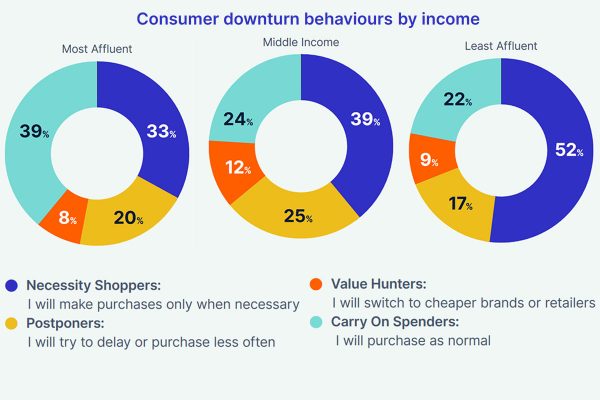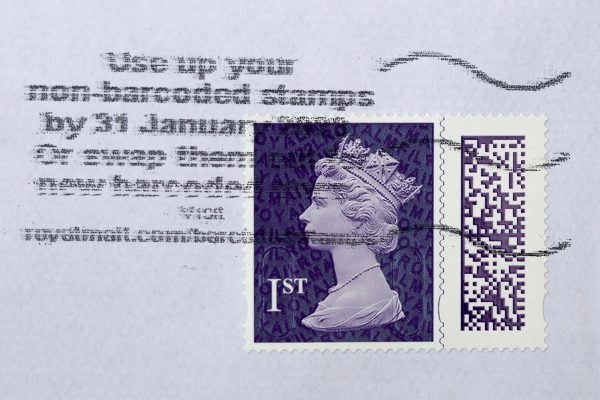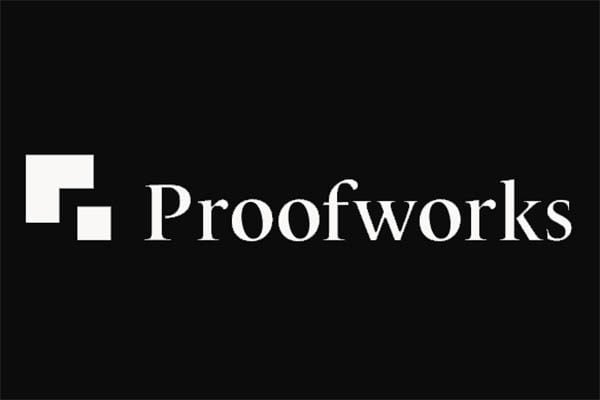The British economy isn’t having a very strong year, according to HM Government’s numbers division the Office for National Statistics (ONS).
The economy grew by just 0.3% in the second quarter of 2017 following a 0.2% expansion in the first three months of the year, according to the ONS. Chancellor of the Exchequer Philip Hammond says that part of the problem is uncertainty over Brexit. Whilst the services industries have performed strongly, manufacturing and construction have posted weak results in 2017
Another pressure on the economy has been inflation. That’s been pushed up by the relative weakness of sterling after the referendum result last year on 23rd July.
Hammond said: “Consumers are being affected by the inflation that was created by the depreciation of the currency in the autumn of last year. That will pass through the economy, but I absolutely recognise it’s painful as it’s passing through the economy.”
Head of national accounts at the ONS Darren Morgan said: “The economy has experienced a notable slowdown in the first half of this year. While services such as retail, and film production and distribution showed some improvement in the second quarter, a weaker performance from construction and manufacturing pulled down overall growth.”
The question has to be about what comes next. Inflation slowed recently so there is no immediate expectation of an increase in interest rates. But there’s no sign of Brexit uncertainty alleviating as we head into 2018: it’s all still up in the air.
There’s no doubt that these are quite precarious times for the British economy. But how should marketplace sellers respond? Our best suggestion is to make a sober assessment of the potential of international trade in and outside of the EU. The relative weakness of sterling can make it a decent bet and Brexit proper is still quite a long way off.









